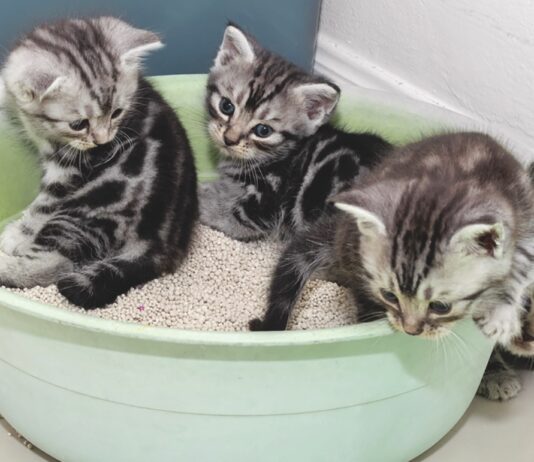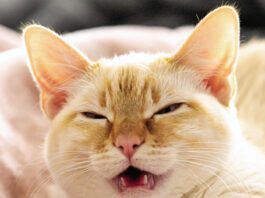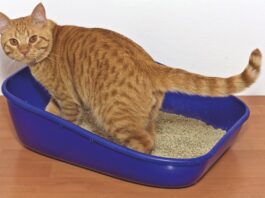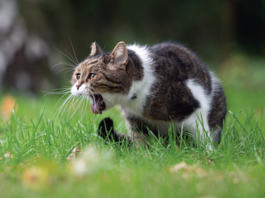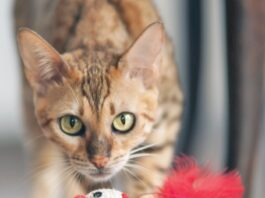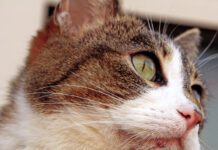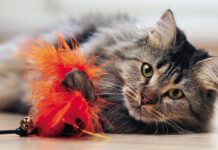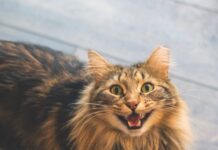Black Specks May Be Flea Dirt
Q: I have recently adopted a 6-year-old female cat that was rescued from an outside location (garbage dump) here in Florida. She has been...
Kidney Disease: Don’t Give Up
Q: We have an overweight male Siamese (22 pounds) who recently went to the veterinarian to have his teeth cleaned. On retrieving him, we...
Concerned About Mute Cat
My 12- or 13-year-old rescue cat has gone from vocalizing normally to practically mute in about two to three weeks. He makes meowing motions...
Ask Dr. Richards: July 2014
Q My husband and I breed Abyssinians, and we were told by another breeder that we should be checking our cats for immune-mediated hemolytic anemia (IMHA), as she owns a relative that tested positive. We don’t know anything about IMHA. Could you enlighten us?
Ask Dr. Richards: June 2014
Q I live in southern Pennsylvania, and I have two domestic indoor/outdoor shorthaired cats, one 3-year-old male and one 7-year-old female. I have never given them heartworm preventive because I thought that cats do not get heartworm, but a friend recently told me that this is not true. Do I need to be worried about my kitties getting heartworm, and should they be on preventive medicine for this?
Ask Elizabeth: March 2014
Q. Why does my cat have such bad breath? The vet anesthetized her for a dental cleaning and found that her teeth really didn’t need it. (She didn’t let the vet look in her mouth at her checkup.) She has had two teeth removed, but apparently the remaining teeth are in great shape, so what else might be causing the foul breath?
Ask Elizabeth: February 2014
Q We have two Maine Coons and a Pixie Bob, all longhaired cats. A friend told me that they do not cause allergies in humans, as shorthaired cats do. People will not come to our home because they say they are allergic to cats. But a few people who have come not knowing that we have cats do not seem to have a reaction. I would greatly appreciate some discussion from you.
Ask Elizabeth: January 2014
A major concern for cat loversQ. I just had to euthanize my 10-year-old kitty, Luna, after she developed a fibrosarcoma following a rabies vaccination....
When a Health Scare Hits Home, the Tests Begin
Dear Friends, Nothing brings home the seriousness of a medical condition like the frightening prospect of having the condition yourself, and I’d like to...
Ask Elizabeth: November 2013
A Tabby’s Destructive Grooming Leads to Extensive Bald Spots
Ask Elizabeth: October 2013
We have two young male domestic shorthaired cats we love dearly, and we are always trying to find ways to make them happy and keep them occupied. We recently brought some catnip home, thinking that this would be a great way for them (and us) to have fun. One of the cats goes crazy for the stuff, while the other seems completely unimpressed. Is this normal?
Ask Elizabeth: September 2013
I understand why you may want to use these devices for cleaning the air with three kitties in the house, and you are certainly not alone in doing this. Although kitties (and their food and waste) smell great to me, households with cats can sometimes generate odors that some people find objectionable, and there are a number of ways that owners choose to deal with this. Ionic air cleaners are one of the newer technologies that have been developed to address air pollutants.

